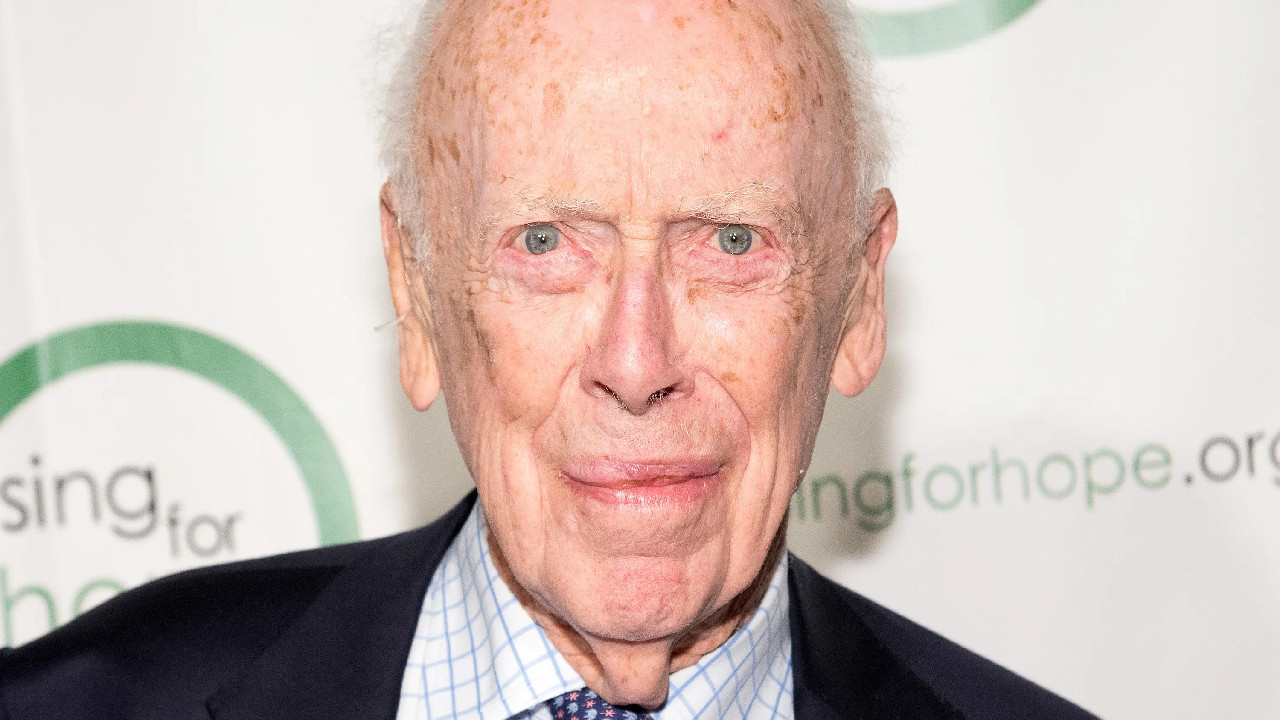
Wikipedia
America: American scientist James D. Watson, the discoverer of the double helix structure of DNA and Nobel Prize winner, has died at the age of 97. He, along with British scientist Francis Crick, made the discovery in 1953 that changed the understanding of life forever.
James Watson was born in Chicago, USA, in April 1928. From an early age he was interested in biology. He entered the University of Chicago on scholarship at the age of 15 and later met Francis Crick during his research at Cambridge University.
Together in 1953, they revealed the double helix structure of DNA—a discovery that changed the course of genetics, medicine, and the life sciences. In 1962, he received the Nobel Prize for this work with Morris Wilkins. At that time Watson said, “We have discovered the secret of life.”
Although Watson's scientific achievements were praised worldwide, her statements regarding race and gender seriously damaged her reputation.
In 2007 he said in an interview that "the intelligence of African people is not the same as ours," which caused a massive outcry in the global scientific community. After this, he was removed from the post of Chancellor of Cold Spring Harbor Laboratory.
In 2019, he again made similar statements, after which the lab also withdrew all honorary degrees from him. The lab clearly stated, “Dr. Watson’s statements are scientifically inaccurate, and our organization does not support them.”
Watson began his career in Cambridge, but in 1968 he returned to the United States and became director of Cold Spring Harbor Laboratory. Under his leadership this institution became one of the leading biological research centers in the world. He worked there for decades and trained many young scientists.
In 2014, Watson sold his Nobel Medal at auction. He said he felt isolated from the scientific community after his statements on race. The medal was purchased for approximately $4.8 million by a Russian billionaire, who later returned it to Watson.
James Watson's life was full of two aspects—on the one hand, he gave a new direction to science, while on the other hand, his controversial views raised the question of what should be the scope of scientific responsibility and ethics.
His discoveries opened new ways to understand the mysteries of life, but his statements remind us that knowledge and sensitivity must go hand in hand.





Copyright © 2026 Top Indian News
